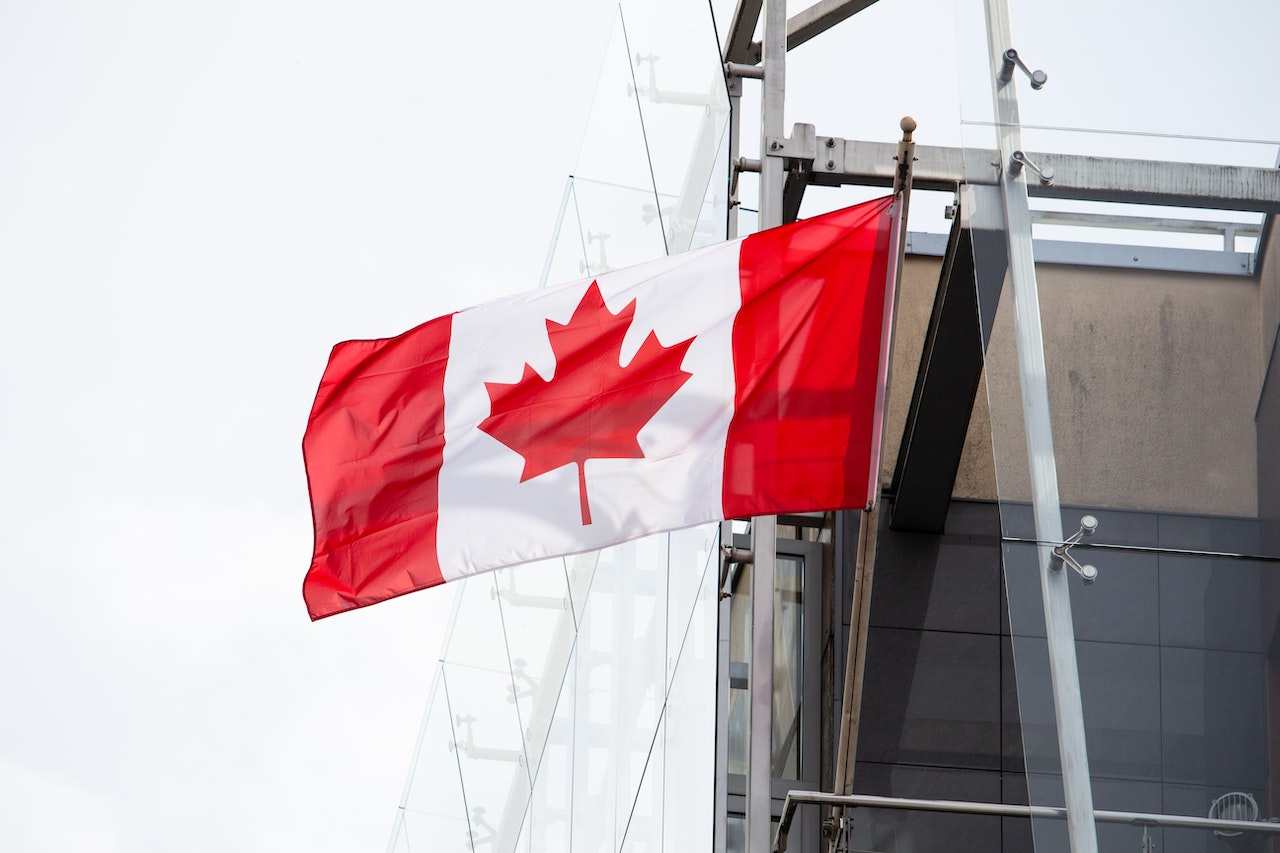Immigration Announcement
Enhancing French Proficiency: The Evolution of Express Entry Draws in 2024

The landscape of Express Entry draws in 2024 is undergoing a significant transformation, with French language proficiency emerging as a key criterion for category-based selection. Recent insights from Access to Information Requests shed light on Immigration, Refugees, and Citizenship Canada’s (IRCC) strategy to prioritize French-speaking candidates. Let’s explore the implications of this shift and its impact on Express Entry applicants.
The Rise of French Proficiency
According to the latest Access to Information Request, French language proficiency will take center stage in category-based selection draws throughout 2024. IRCC plans to allocate a substantial portion of Invitations to Apply (ITAs) to candidates proficient in French, comprising 30% of all ITAs. This emphasis reflects the growing demand for bilingual workers in Canada’s evolving labor market landscape.
Targeted Occupational Categories
Candidates with expertise in Science, Technology, Engineering, and Mathematics (STEM) occupations and healthcare will also receive significant attention, accounting for 25% and 15% of ITAs, respectively. This strategic allocation aligns with Canada’s priority sectors and addresses specific labor market needs, ensuring a skilled workforce tailored to industry requirements.
Maximize Your IELTS Score:
Start your English journey: Learn English with British Council teachers — Up to 10% off
English Online Self-Study course: Learn English at your own pace with bite-sized exercises — Up to 10% off
Prepare for IELTS with the experts: Get the score you need with the co-creator of the IELTS test- Up to 15% off
Driving Factors Behind French Proficiency
The decision to prioritize French language proficiency stems from multiple factors. A 2021 Labour Market Information Council report highlighted challenges faced by employers in recruiting bilingual workers, emphasizing the importance of linguistic skills in meeting industry demands. Moreover, Statistics Canada’s findings underscored the correlation between language ability and employment success, further emphasizing the significance of bilingualism in Canada’s labor force.
Meeting Francophone Newcomer Targets
IRCC’s focus on French proficiency is also driven by its commitment to welcoming Francophone newcomers outside of Quebec. By targeting 4.4% of all newcomers settling outside Quebec in 2023, IRCC exceeded its mandate, achieving a 4.7% intake. Looking ahead to 2024, IRCC aims to further increase this target to 6%, reinforcing its dedication to linguistic diversity and inclusivity.
Stakeholder Perspectives
While support for the French proficiency category is evident, stakeholder opinions vary. While 54% of stakeholders endorse the initiative, concerns remain, particularly regarding its economic impact outside Francophone minority communities. However, proponents emphasize the non-economic benefits, such as improved access to services for French-speaking minorities, underscoring the broader societal advantages of linguistic diversity.
Draw Frequency and CRS Scores
IRCC has outlined a schedule for Express Entry draws in 2024, aiming to provide predictability to provinces, territories, and clients. The frequency of draws and their size will be based on admissions targets outlined in the Immigration Levels Plan. Additionally, Comprehensive Ranking System (CRS) scores and pool composition will influence CRS cutoff scores, with French proficiency draws potentially yielding lower minimum scores compared to general draws.
As Express Entry draws in 2024 evolve to prioritize French proficiency and targeted occupational categories, applicants must adapt to meet changing selection criteria. With a focus on linguistic diversity, industry relevance, and societal inclusion, IRCC’s strategic approach reflects Canada’s commitment to fostering a skilled, diverse, and inclusive workforce for the future.
























